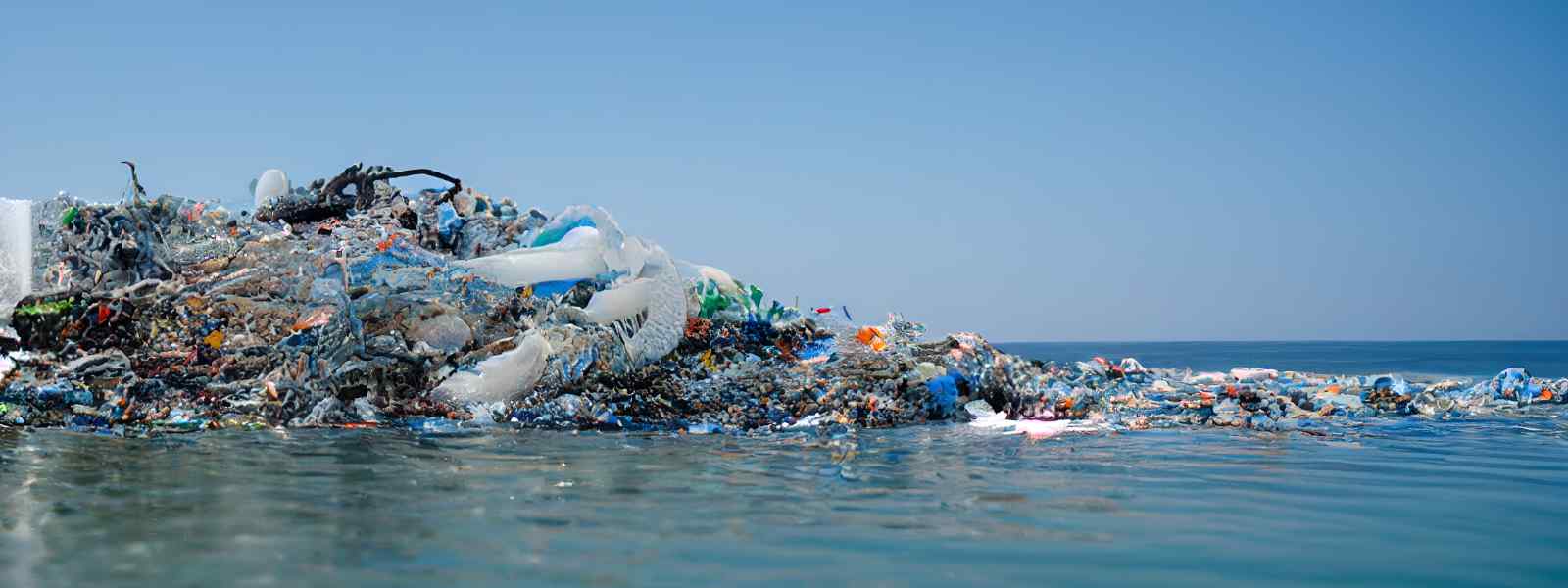
The University of Strathclyde has played a key role in a major international policy report outlining evidence-based strategies to reduce plastic pollution in Indonesia.
The report, produced through the Plastics in Indonesian Societies (PISCES) programme, provides a blueprint for systemic action under Indonesia’s forthcoming National Plan of Action on Marine Debris (2026–2035). It was supported by UK Research and Innovation’s Global Challenges Research Fund and coordinated by Brunel University London in collaboration with more than 40 academic and policy partners.
Professor Lesley Henderson, a specialist in science communication at the University of Strathclyde, was among the lead authors of the report, and focused on the role digital communications can play with women living in low-income coastal communities.
Professor Henderson, who also collaborated with environmental psychologists at the universities of Plymouth and Vienna, said:
Plastic waste is not just a technical or environmental issue but is tied to people’s everyday practices, beliefs and experiences. We wanted to ensure that community voices and behavioural insights were central to shaping practical solutions.
“There is no technical fix to the plastic pollution challenge, and we need to pay attention to cultural ideas about waste management. For example, open burning is a huge problem in Indonesia but for many communities, burning is thought to be cleansing rather than polluting.
“We know that media messages can help shift ideas about appropriate behaviours and help communicate risk to human health, but we need a much more creative approach. Popular entertainment formats like instagram, TikTok and even soap operas can reach people who may not be engaging with traditional news channels.”
Waste reduction
The report makes 26 key policy recommendations, including the expansion of localised waste collection, banning open burning of plastics, reforming packaging design, and scaling up reuse systems. It also highlights the role of Living Labs, community hubs where residents and policymakers co-design, test and refine waste reduction innovations.
Professor Sudarso Sudarso, from the Department of Sociology, University of Airlangga in Indonesia, led fieldwork with communities in Bali and East Java and said: “Waste disposal choices are driven by complex social dynamics which depend on the value of specific items of waste, community attachment, social expectations, and cultural or religious influences.
“Strong community ties tend to promote responsible disposal, while some cultural beliefs may discourage these practices. Some environmentally concerned citizens still burn waste to prevent local litter, showing the need to align norms with effective alternatives.”